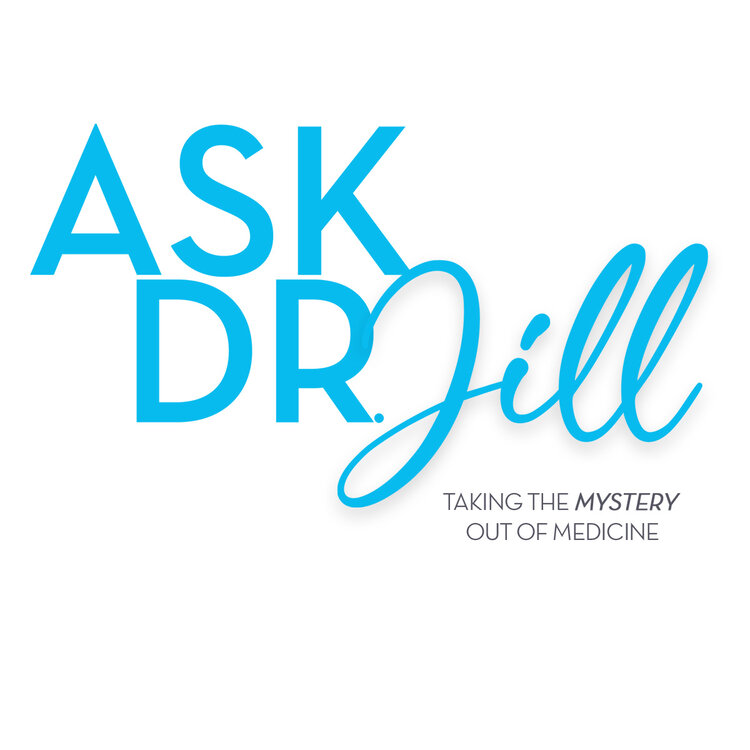Seasonal Allergies, What to do?
Seasonal allergies, also known as allergic rhinitis or hay fever, affect millions of people worldwide. As a family practice physician, I see patients all the time suffering from the sneezing, congestion, itchy eyes, and a runny nose caused seasonal allergens. Let’s explore some practical recommendations and treatment strategies to help you manage and alleviate your seasonal allergy symptoms.
What are Seasonal Allergies?
Seasonal allergies occur when the immune system reacts to airborne allergens such as pollen, mold spores, and dust mites. The body perceives these substances as invaders and releases histamines and other chemicals to defend against them, that produces the typical allergy symptoms.
Common Seasonal Allergens:
Pollen: Trees, grasses, and weeds release pollen grains into the air, which can trigger allergies during specific seasons.
Mold Spores: Mold spores thrive in damp environments and can become airborne when disturbed.
Dust Mites: These tiny insects are found in household dust and can trigger year-round allergies.
Pet Dander: Shed skin flakes from pets can be a source of allergens.
Insect Allergies: Stings or bites from insects like bees and wasps can cause allergic reactions in some individuals.
Symptoms of Seasonal Allergies:
Sneezing
Runny or stuffy nose
Itchy or watery eyes
Coughing
Fatigue
Headache
Here are some practical recommendations and treatment strategies to help you patients manage your symptoms.
Allergen Avoidance:
The first step in managing seasonal allergies is to minimize exposure to allergens. Here are some tips to help you accomplish just that:
Check Pollen Counts: Monitor local pollen forecasts and stay indoors on high-pollen days.Pollen count is included in most nightly weather forecasts.
Keep Windows Closed: Keep windows and doors closed during peak pollen seasons.
Use Air Purifiers: Use high-efficiency particulate air (HEPA) filters in the home to reduce airborne allergens.
Regular Cleaning: Regular cleaning is a must, including vacuuming with a HEPA filter-equipped vacuum cleaner, to reduce dust mites and pet dander.
Limit Outdoor Activities: Limit outdoor activities when pollen levels are high, especially in the early morning and late afternoon.
Shower and Change Clothes: Shower and change clothes after spending time outdoors to remove allergens from their skin and clothing, and to avoid spreading those allergens to bedding and furniture.
Pharmacological Treatments:
Over-the-counter and prescription medications can provide relief from seasonal allergy symptoms. Here are some options to consider, make sure to discuss with your healthcare provider:Antihistamines: These drugs block the action of histamines, reducing symptoms like sneezing and itching.
Decongestants: Hve recently to be found ineffective for testing allergies. Many have been pulled from the market, they also had many potential side effects like increased blood pressure and insomnia.
Nasal Corticosteroids: These nasal sprays can be highly effective in reducing inflammation and congestion without significant side effects.
Leukotriene Inhibitors: These medications can help control symptoms in some individuals by blocking the action of leukotrienes, chemicals that play a role in allergies.
Allergy Shots (Immunotherapy): For patients with severe allergies unresponsive to other treatments, allergen immunotherapy may be considered to desensitize the immune system.
Non-Pharmacological Approaches:
Here are some non-pharmaceutical methods to add to your treatment regimen:Nasal Irrigation: Saline nasal irrigation with a neti pot or nasal spray to rinse away allergens and mucus.
Allergen-Proofing: Use allergen-proof covers for pillows and mattresses to reduce exposure to dust mites.
HEPA Filters: Use HEPA filters in the bedroom and other frequently used areas to trap allergens.
Acupuncture: Some patients find relief from allergy symptoms through acupuncture, although more research is needed to confirm its effectiveness.
Dietary Modifications: In some cases, dietary changes, such as reducing dairy or increasing omega-3 fatty acids, may help alleviate inflammation and symptoms.
Educate Yourself About Allergen Seasons:
Make sure you are aware of when specific allergens are prevalent. For example:
Tree Pollen: Typically most active in the spring.
Grass Pollen: Primarily affects individuals in late spring and summer.
Weed Pollen: Becomes a significant issue in late summer and fall.
Mold Spores: Often peak in humid conditions, such as late summer and early fall.
Monitor and Adjust:
Keep a symptom diary to track when symptoms occur and their severity. This can help you and you identify patterns and make necessary adjustments to your treatment plan.
